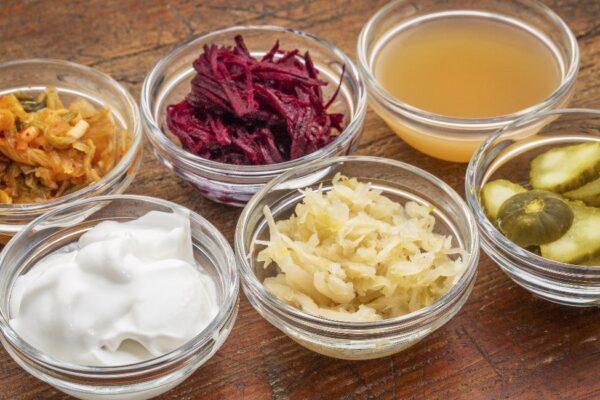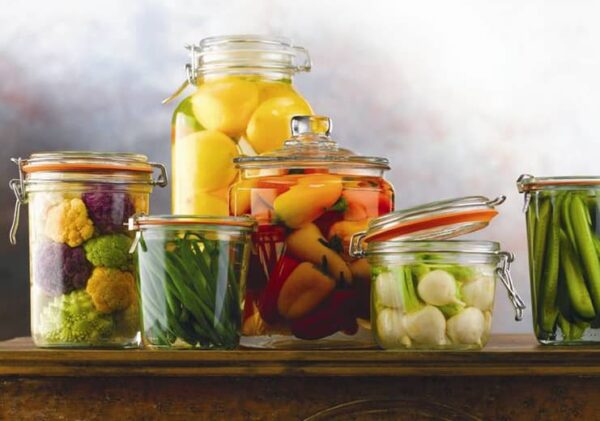Fermentation has been used throughout human history as a method of preserving food, but it is also a key process in creating unique and delicious flavors. This natural process involves the breakdown of organic substances by microorganisms like yeast and bacteria, which helps to enhance the taste, texture, and nutritional value of food.

Preservation through Fermentation
One of the primary benefits of fermentation is its ability to preserve food. This is because the microorganisms involved in the process consume the sugars and carbohydrates in the food, creating lactic acid or other organic acids as byproducts. These acids help to lower the pH of the food, which in turn inhibits the growth of harmful bacteria that can cause spoilage.
Examples of fermented foods that have been used for centuries to preserve food include sauerkraut, kimchi, pickles, and yogurt. These foods can be stored for long periods without refrigeration, making them an important source of nutrition throughout the year.

Flavor Enhancement through Fermentation
In addition to preservation, fermentation is also an important process for creating unique and delicious flavors in food. When microorganisms consume carbohydrates in the food, they release compounds like lactic acid, ethanol, and acetic acid, which contribute to the flavor and aroma of the final product.
For example, the tangy and slightly sour taste of sourdough bread comes from the lactic acid produced by lactobacillus bacteria during the fermentation of the dough. The complex and rich flavor of cheese is also a result of fermentation, as various strains of bacteria and fungi are used to break down the milk proteins and create distinctive flavors.
The Role of Modern Fermentation in Food Production
While fermentation has a long history in food production, it remains an important process in modern times. In fact, many companies are now using fermentation to create new and innovative products that offer functional benefits like improved digestion, increased bioavailability of nutrients, and reduced food waste.
One example is the production of plant-based meat alternatives like the Impossible Burger, which uses fermentation to produce a heme protein that gives the patties their meat-like flavor and texture. Similarly, the trend towards gut health and probiotics has led to the development of fermented beverages like kombucha and kefir, which are rich in beneficial bacteria and yeasts.
Fermentation has played a crucial role in food preservation and flavor enhancement for thousands of years. Whether used in traditional recipes or in cutting-edge food production techniques, the process of fermentation offers a natural and delicious way to create unique and healthy foods.




